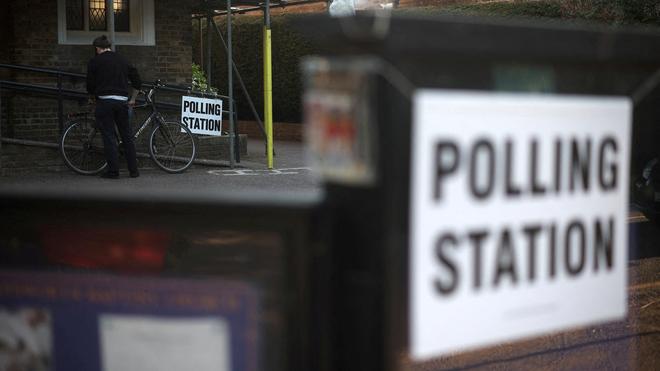Subtitle:
Major reforms aim to boost youth participation and curb influence of large political donors
Content:
The U.K. government has unveiled a new set of proposed electoral reforms, including plans to lower the voting age to 16 and implement stricter regulations on political donations.
Under the proposals, 16- and 17-year-olds would be eligible to vote in both local and national elections — a move designed to engage younger generations and lock in civic habits early on. Advocates argue that including teens in the electorate will amplify youth voices in public affairs and inject fresh energy into democratic participation.
In tandem with the youth enfranchisement plan, the government also intends to tighten oversight of political contributions. Key measures include stricter limits on donations from wealthy individuals, enhanced transparency in funding sources, and more robust enforcement mechanisms against illicit or opaque contributions.
Officials say the reforms seek to build a political system that is more inclusive, representative, and resistant to undue influence. “Our democracy should reflect the voices of our young people — and be protected from the outsized power of a few,” one official stated.
Critics, however, have raised concerns about possible unintended consequences, such as increased pressure on teens or the complexity of vetting younger voters. Some opposition groups also warn that tighter donation rules may chill legitimate political engagement.
If approved by Parliament, the reforms would be phased in over the next electoral cycle, pending legislative approval and administrative planning. The government says its aim is to modernize the electoral process while safeguarding democratic integrity and fairness.

